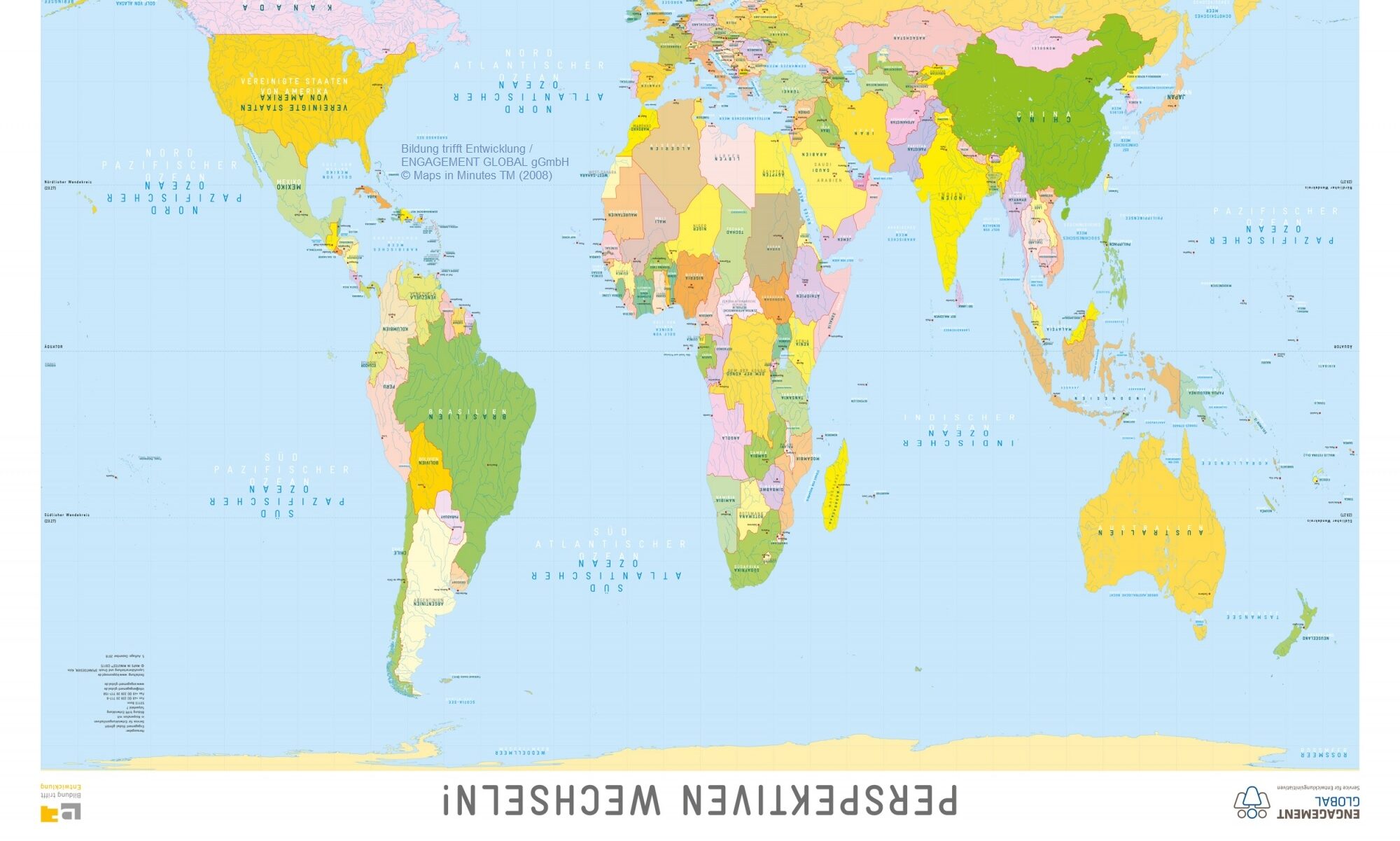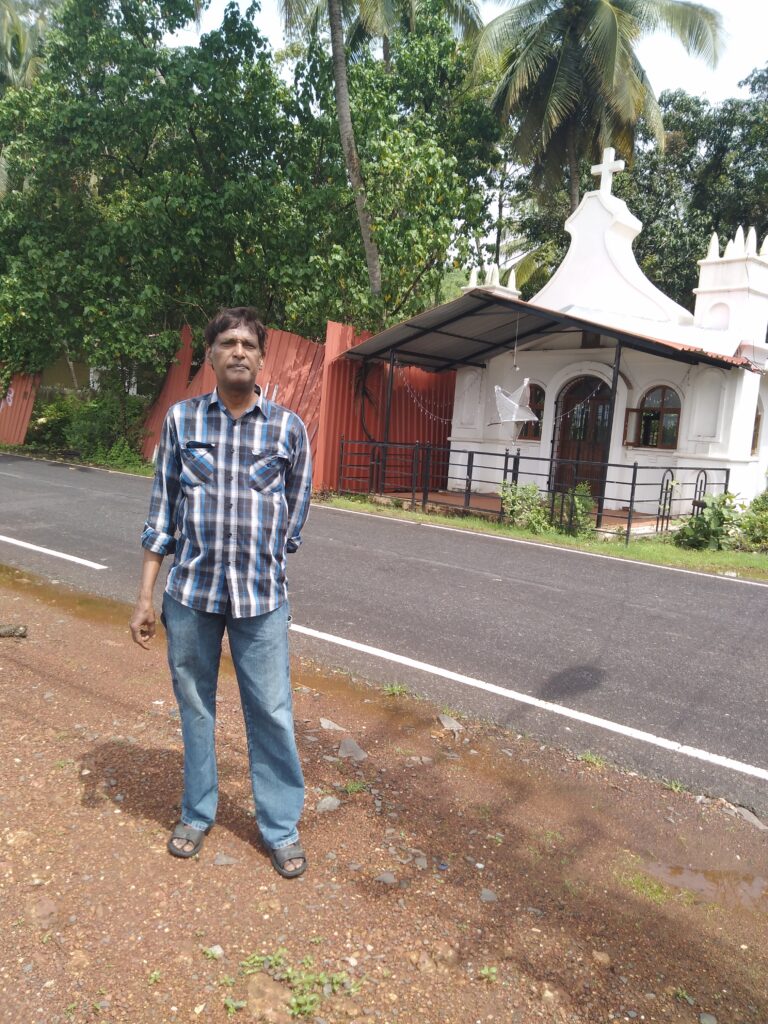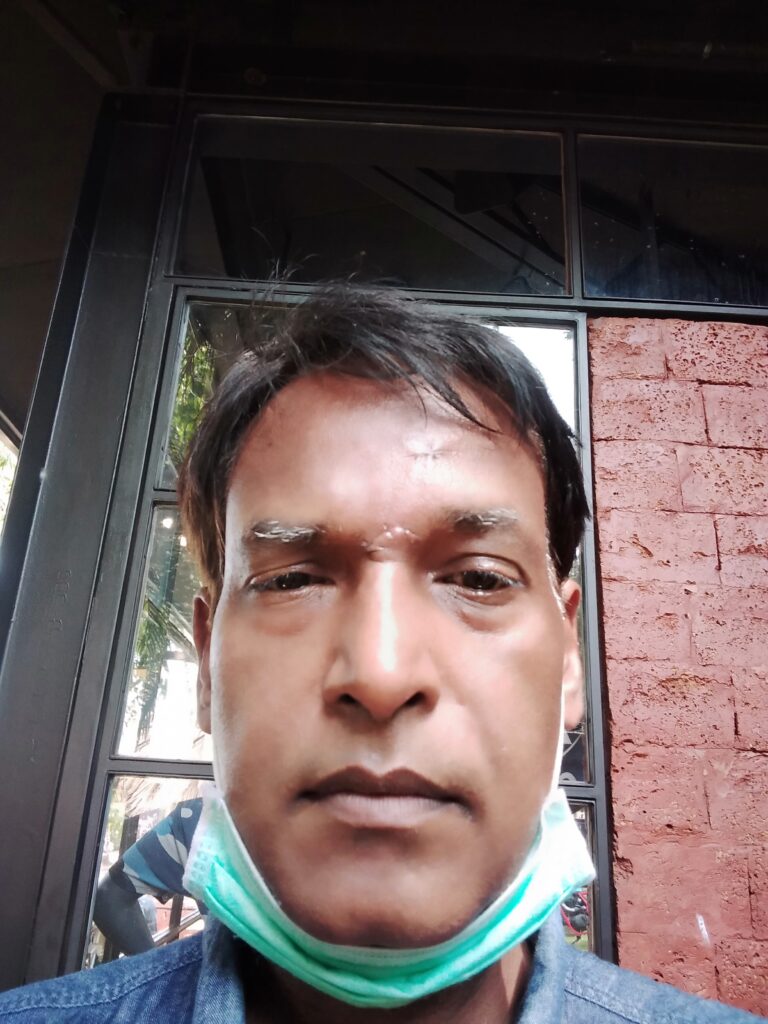Auf dieser Seite lesen Sie alle Beiträge in Zusammenhang zur weltweiten Corona-Krise! Hier stellt das Netzwerk Entwicklungspolitik im Saarland e.V. Stimmen aus dem Globalen Süden zusammen, um einen Einblick über die Folgen der Corona-Krise zu bekommen. Auch als Menschen, die in Deutschland leben, geht uns der Globale Süden unmittelbar etwas an. Das Wohlergehen Aller liegt uns am Herzen. Die Berichte auf unserem Blog zeigen persönliche Schicksale. Menschen kommen zu Wort, die sonst nicht gehört werden, mit denen wir und andere sich identifizieren können.
Was passiert gerade im Globalen Süden? Wie gehen unterschiedliche Regierungen und die dort lebenden Menschen mit der aktuellen Situation um? Haben solche Maßnahmen mit „Privilegien“ zu tun?
Die Corona-Krise ist für viele Länder des globalen Südens besonders problematisch. Neben der gesundheitlichen Krise, drohen auch gravierende soziale und wirtschaftliche Konsequenzen. Was in Deutschland selbstverständlich ist: ein ausgeprägtes Gesundheitssystem, finanzieller Spielraum der Regierungen und Sozialversicherung, fehlt in Ländern des Globalen Südens oft und führt bei unerwarteten Katastrophen – wie aktuell der Fall – zu Arbeitslosigkeit und Lohnausfällen.
Gerade in diesen Zeiten ist es wichtig, solidarisch an der Seite unserer Mitmenschen im Globalen Süden zu stehen, Perspektiven zu wechseln und sich emphatisch zu zeigen.
Das NES Team möchte Sie hiermit über die Situation in einigen Ländern des Globalen Südens mit Berichten der dort lebenden Zivilgesellschaft informieren.
Wir sind ständig in Kontakt mit Partner*innen im Globalen Süden und bieten auf dieser Plattform eine Möglichkeit, ihnen eine Stimme im Netz zu geben. Haben auch Sie einen Bericht aus dem Globalen Süden und möchten diesen bei uns veröffentlichen? Dann schreiben Sie an newsletter(a)nes-web.de.




